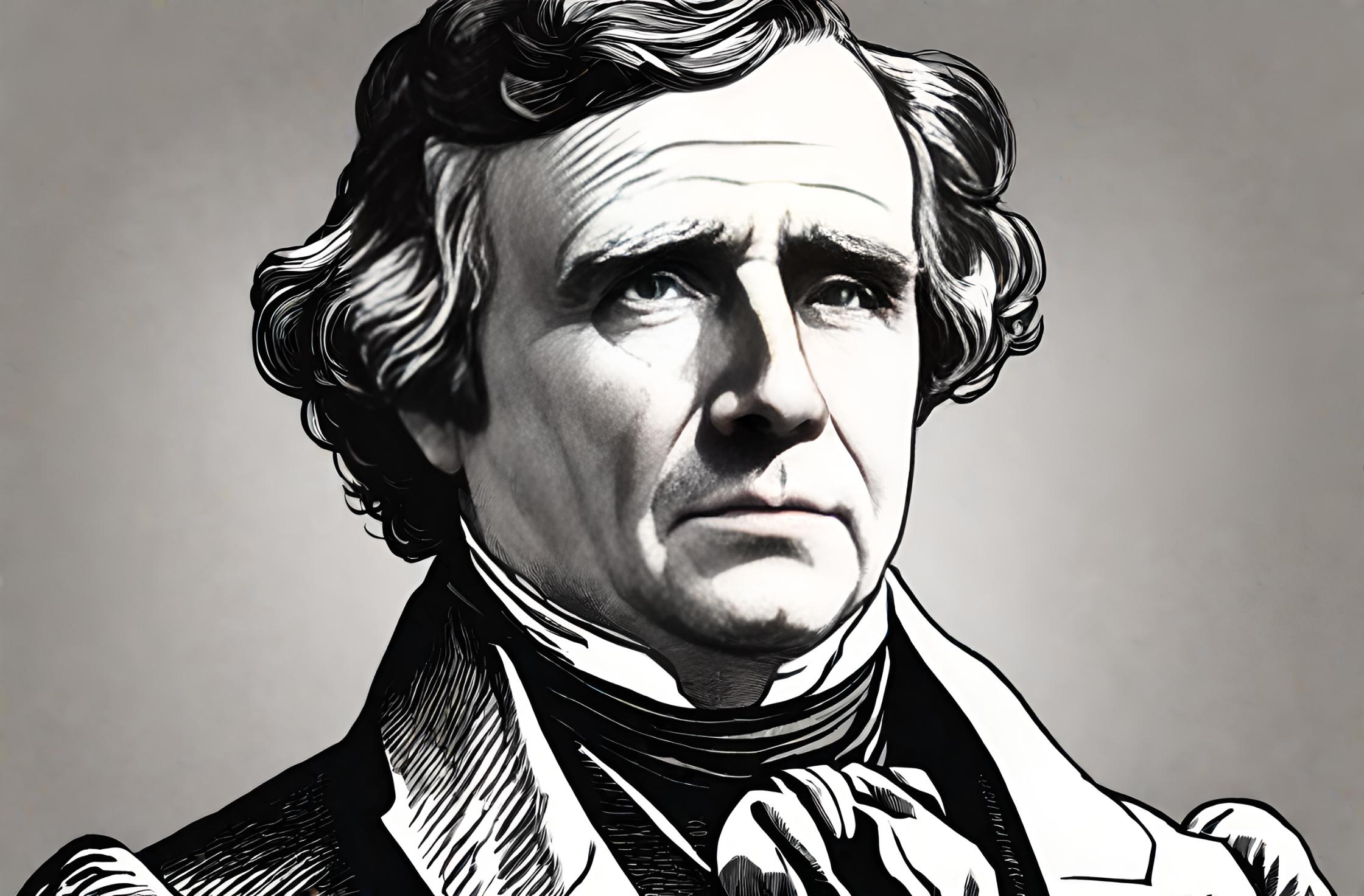Flashback to July 14
American History

The impeachment trial of Supreme Court Justice Samuel Chase, which began on the 30th of November, 1804, is a historical event that carries great significance. Often referred to as a trial that tested the strength of the newly formed constitution of the United States, this momentous event is still considered as a major precedent in American history.
In late 1804, a focal point in the political discourse was the impeachment trial of Supreme Court Justice Samuel Chase. Chase had been nominated by President George Washington in 1796 and was one of the most conservative justices of his time. His political stance and vocal criticism of the Jeffersonian Republicans was a significant factor that brought him under the scrutiny of then president, Thomas Jefferson and his party.
It was on November 30, 1804, that the House of Representatives voted to impeach Justice Samuel Chase, making him the only Supreme Court Justice ever to face impeachment by the House. This escalation was a result of increasing partisan tensions during the Jeffersonian era.
Impeachment is a process that allows a legislative body to level charges against a government official. The Senate then decides if removal from office is warranted. In this particular case, it was the tantalizing question of judicial independence that was put to the test.
The charges brought against Justice Chase were primarily related to court proceedings he presided over in 1800 and 1803 – United States v. Thomas Cooper and Callender v. United States respectively. The Jeffersonian Republicans accused him of allowing political bias to interfere with his judicial duties.
The impeachment trial commenced on January 2, 1805 in the Senate, acting as a courtroom with the senators as jury, Vice President Aaron Burr as presiding judge and the House managers serving as prosecutors. A central concern was the issue of whether the behavior of a justice could constitute a “high crime or misdemeanor” – the constitutional ground for impeachment.
In defense, Justice Chase argued that all his actions were within the bounds of the law. He was ultimately acquitted by the Senate on March 1, 1805. This was due to the fact that the Senate was divided with 18 votes for conviction and 16 for acquittal, falling short of the two-thirds majority required for a conviction.
Interestingly, the impeachment trial of Justice Samuel Chase is noteworthy not because of its immediate consequences, but rather for the impact it had on the future of the American judiciary. The acquittal drew a clear line between the judiciary and the other branches of government. It confirmed that judges couldn’t be removed from their positions based solely on their political beliefs or judicial opinions.
Another reason why the impeachment trial of Justice Samuel Chase holds immense significance is that it set a precedent in the American judicial system. It emphasized the importance of judicial independence and reiterated that the impeachment powers should not be used for political gain.
With its long-lasting implications, the impeachment trial of Supreme Court Justice Samuel Chase serves as a crucial blueprint for modern constitutional law. It furthermore illustrates the founding fathers’ vision of a judiciary free from political influence, safeguarding it from the drastic swings of partisan politics.
This event is an important chapter in U.S. history, not only because it was a groundbreaking, high-profile trial, but also because it demonstrates the delicate checks and balances that underpin the American political structure. It further underscores the necessity of an independent judiciary for a functioning democracy — a timeless principle that remains relevant today.
We strive for accuracy. If you see something that doesn't look right, click here to contact us!
Sponsored Content

President Franklin Pierce opens…
On July 14, 1853,…

US Treasury begins removing…
On July 14, 1967,…

Lieutenant Colonel Oliver North…
Lieutenant Colonel Oliver North's…

Tape measure enclosed in…
On July 14, 1868,…

The central region of…
On 7/14/1954, the central…

First American national monument…
"Learn about the historic…

